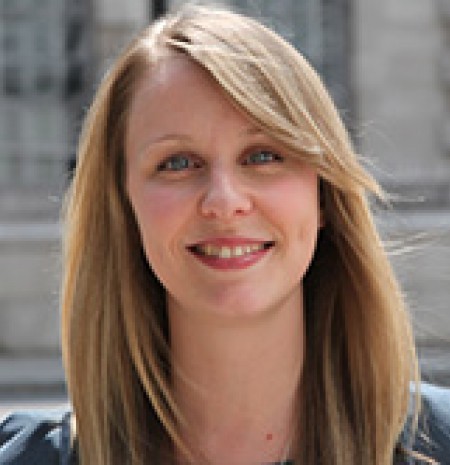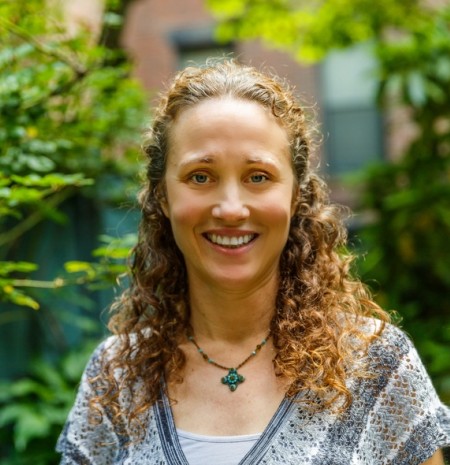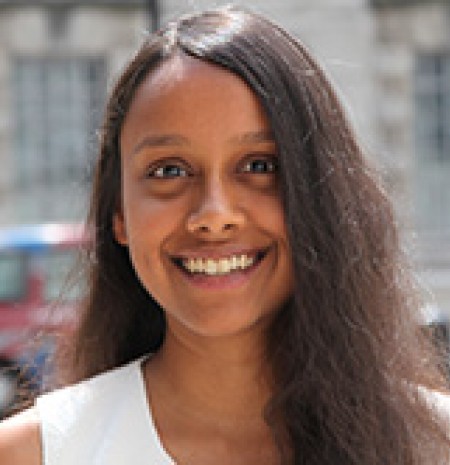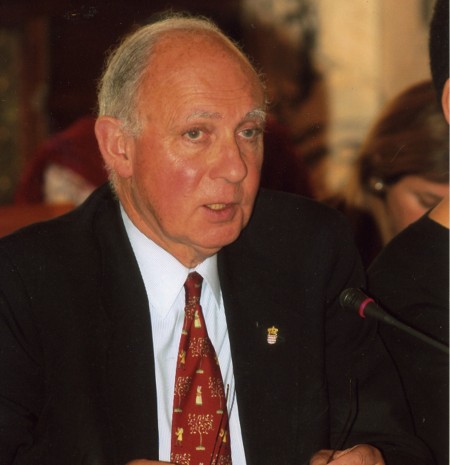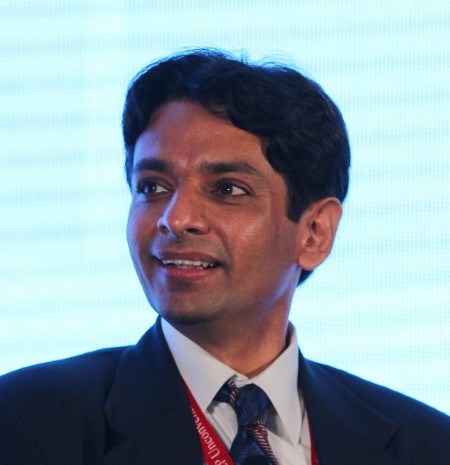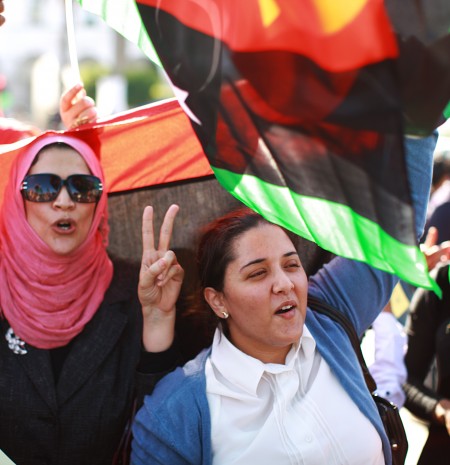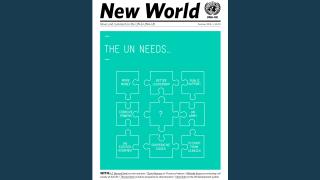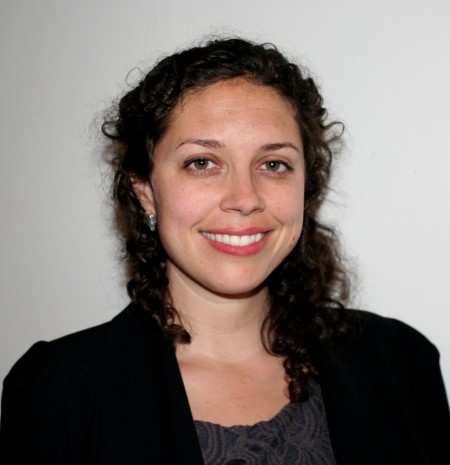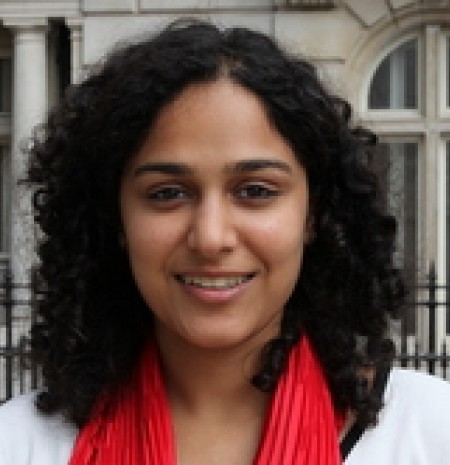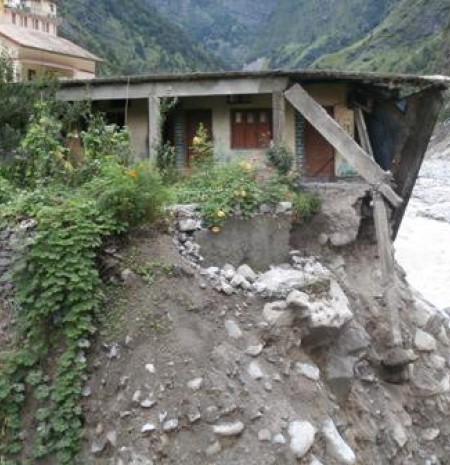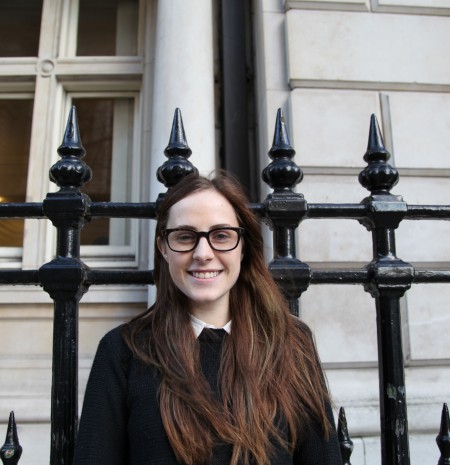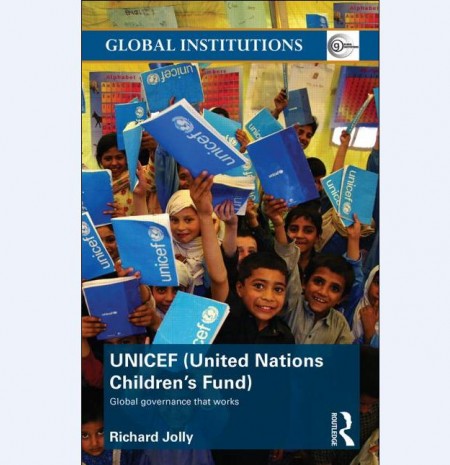It is extremely sad and I doubt any resolution will be successful for at least 10 years
This comment was made by a 14-year-old student who took part in a Model United Nations event that I chaired last year. They had just finished debating the conflict in Syria. The students had limited knowledge about the conflict before they started their preparations, but after researching their assigned country’s position, presenting their arguments and taking part in a sophisticated discussion, they found a peaceful solution that included a transitional government and multiparty elections. Whoever said that young people are not interested in current affairs and world politics!
The need to understand, analyse and discuss international news and events is greater than ever. Global politics is changing, with new players emerging onto the international stage and fresh issues and threats on the agenda. Social media and the 24-hour news cycle bring instant updates and the opportunities for direct action are amplified. But how to make sense of it all?
Our young people need to be equipped with the knowledge, understanding and ability to analyse critically all of this information. Citizenship is the subject best placed to offer this opportunity in the English curriculum. Thanks to a concerted campaign by UNA-UK and organisations such as the Association for Citizenship Teaching and Democratic Life, citizenship is still a statutory element of the new National Curriculum, which comes into place in September. The programme of study also retains a reference to the United Nations, but only after successful lobbying efforts from UNA-UK’s members and partners.
But is the UN still relevant to understanding global affairs? Yes, is the short answer. The UN has been the cornerstone of the international system since 1945, giving birth to a comprehensive system of international law and human rights; overseeing the move to independence of numerous countries, the latest being South Sudan in 2011; and leading international efforts to combat poverty as enshrined in the Millennium Development Goals. While in need of reform, the UN is still a unique forum where all countries can meet to address, discuss and solve global challenges.
UNA-UK believes that the UN is important to the lives of young people and that they should be given the opportunity to learn more about how the Organization works and what issues it addresses. Its Generation United Nations programme works with both teachers and students to engage them in the work of the UN and nurture a new generation of global citizens. As part of this work, in 2012 UNA-UK published The United Nations Matters, a teacher’s handbook distributed to every secondary school in the UK. Developed in partnership with UNESCO Associated Schools, it has been described by The Guardian’s Teacher Network as “an invaluable guide” to teaching about the UN, and provides materials on the UN’s three main pillars: peace, development and human rights.
To complement this, UNA-UK is now developing a new set of teaching resources for both the primary and secondary level to help schools celebrate international days. These have long been used by the UN to draw attention to specific issues and offer opportunities for collective global action. Among those included will be World Water Day, Human Rights Day, International Day of UN Peacekeepers and World AIDS Day. The teaching pack will include fact sheets for teachers, lesson plans and other student resources.
Beverley Johnston, UNA-UK member and teacher at Tunbridge Wells Girls’ Grammar School, said: “We are delighted to be part of the pilot scheme for the international days teaching pack. Teaching about the UN’s values such as tolerance, equality and understanding of others’ views are the same principles that underpin our life as a vibrant school community.”
Young people deserve the chance to explore and analyse these issues for themselves. After all, a 14-year-old student’s assessment that the Syria conflict will have repercussions for decades to come is a statement many a Middle East expert would agree with.
Anne Breivik is an education consultant to UNA-UK. She specialises in social science research, public policy and global education projects and was the National Coordinator for UNESCO Associated Schools in the UK from 2007 to 2011.
Photo: Delegates lobby one another at UNA-UK's Generation United Nations Model UN event in 2013.

